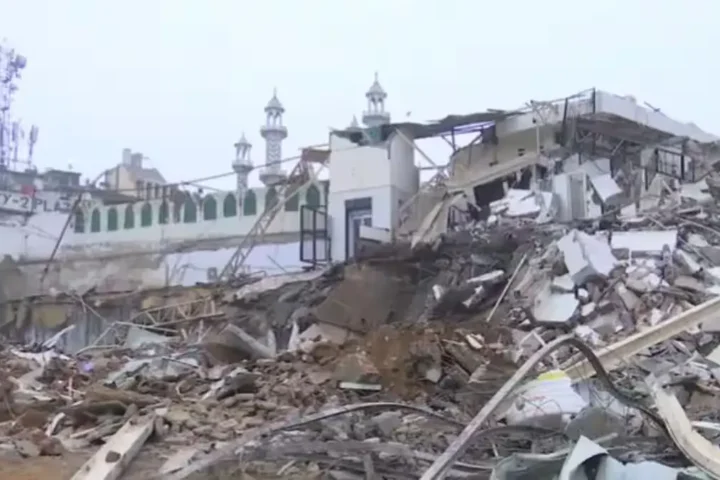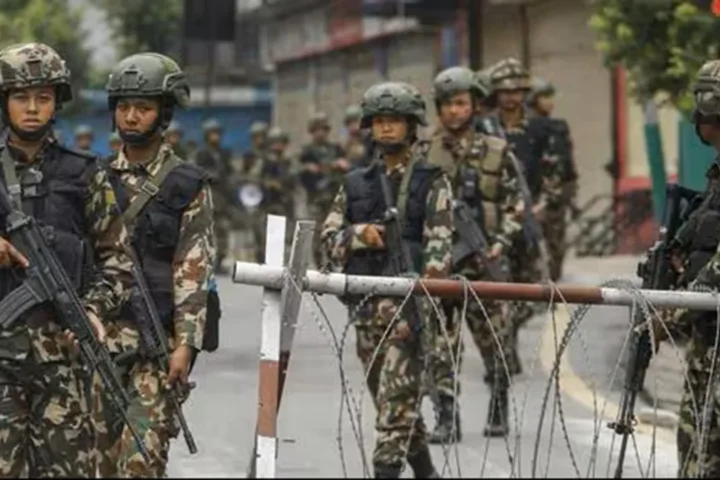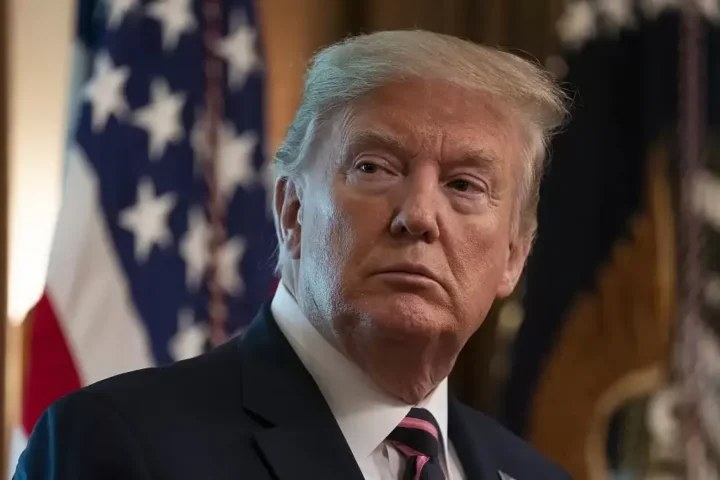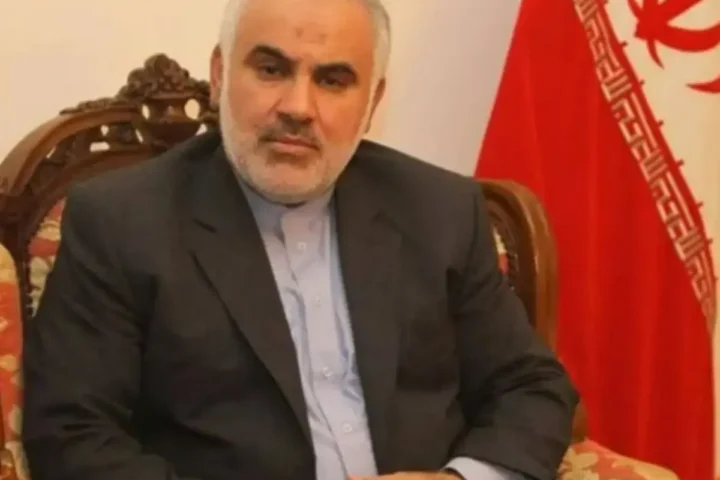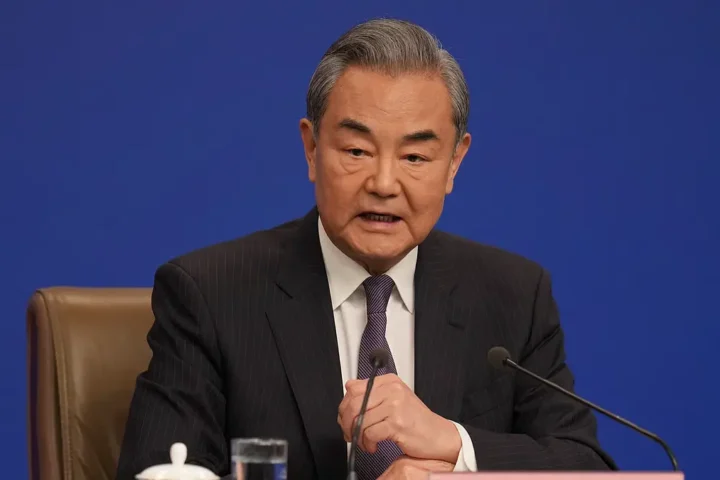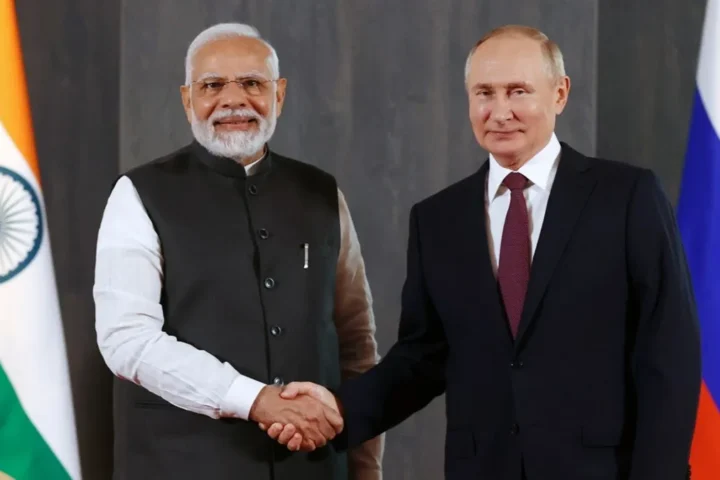Bangladesh’s Chief Adviser and Nobel Peace Prize laureate Muhammad Yunus has admitted that Dhaka’s ties with New Delhi are facing unprecedented strain. He directly linked the tension to former Prime Minister Sheikh Hasina’s continued stay in India after her ouster in 2024.
Yunus Blames India’s Displeasure Over Uprising
Speaking on the sidelines of the United Nations General Assembly (UNGA) in New York, Yunus said that India has been uncomfortable with last year’s student-led protests that forced Sheikh Hasina and the Awami League out of power after 16 years.
“We have problems with India right now because they did not like what the students have done,” Yunus remarked.
Hasina in Exile Since August 2024
On August 5, 2024, Sheikh Hasina’s government collapsed after weeks of violent mass protests in Dhaka. The student uprising marked one of the biggest political shifts in Bangladesh’s history.
- Hasina fled to New Delhi immediately after her fall.
- She has since lived in self-exile in India for over a year.
- Bangladesh’s interim government has formally requested her extradition, but India has not responded.
Yunus argued that India’s decision to host Hasina is worsening bilateral ties:
“India is hosting Hasina, who has created problems… that creates tension between India and Bangladesh.”
Criminal Charges and Human Rights Concerns
The interim administration has filed multiple criminal cases against Hasina and several Awami League leaders. These include allegations of corruption, abuse of power, and violent crackdowns on protests.
However, international human rights groups have raised alarms, calling the charges politically motivated and warning that the crackdown could deepen Bangladesh’s democratic crisis.
‘Fake News and Propaganda’ Allegation
Yunus also criticized Indian media coverage, accusing outlets of spreading “fake news” about the student movement.
“A lot of fake news is coming from India, propaganda that it’s an Islamist movement,” Yunus claimed.
The adviser stressed that the protests were led by students demanding accountability, not religious extremism.
India-Bangladesh Ties at an All-Time Low
Relations between Dhaka and New Delhi have hit rock bottom since Yunus assumed office. Key flashpoints include:
- Minorities issue: India has accused Dhaka of mishandling the repression of Bangladeshi minorities.
- Extremist groups: Allegations that Yunus’s interim government has given radical forces too much freedom.
- Political safe haven: India’s decision to shelter Hasina has become the biggest point of contention.
Yunus dismissed the allegations, calling them “exaggerated” and politically motivated.
Interesting Read
Regional Fallout
The strained ties are also impacting wider South Asian geopolitics.
- India has traditionally been Bangladesh’s closest political and economic partner, especially during Hasina’s rule.
- With Hasina gone, Dhaka has begun recalibrating its foreign policy, reaching out to China, Turkey, and Middle Eastern powers for new partnerships.
- Analysts warn that worsening relations could affect trade, border security, and regional counterterrorism efforts.
What Lies Ahead?
As Sheikh Hasina continues her exile in India, the question of whether she will be extradited or allowed to stay remains a defining issue in India-Bangladesh relations. For now, Yunus’s sharp remarks signal that trust is at its lowest point in decades.


